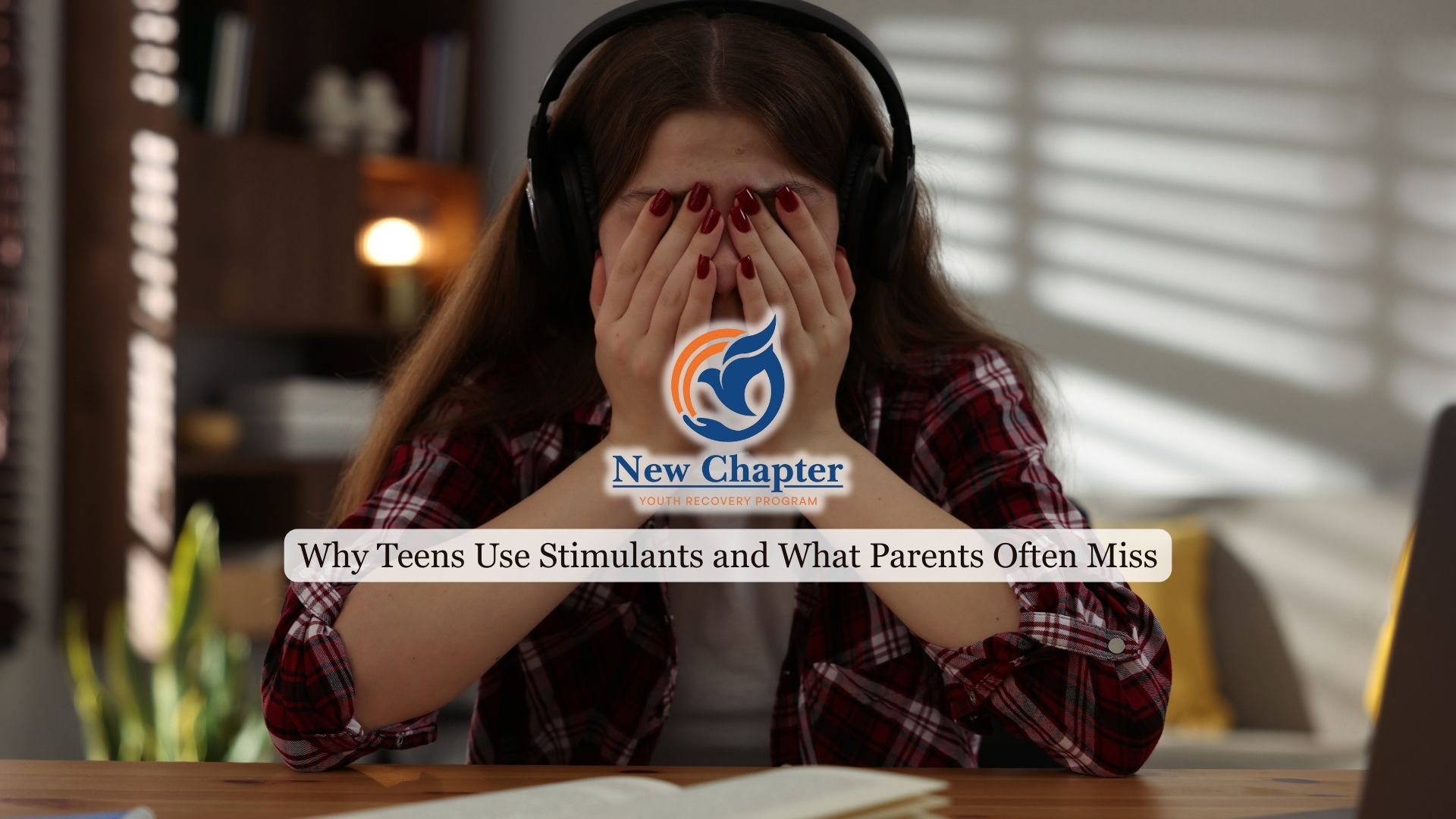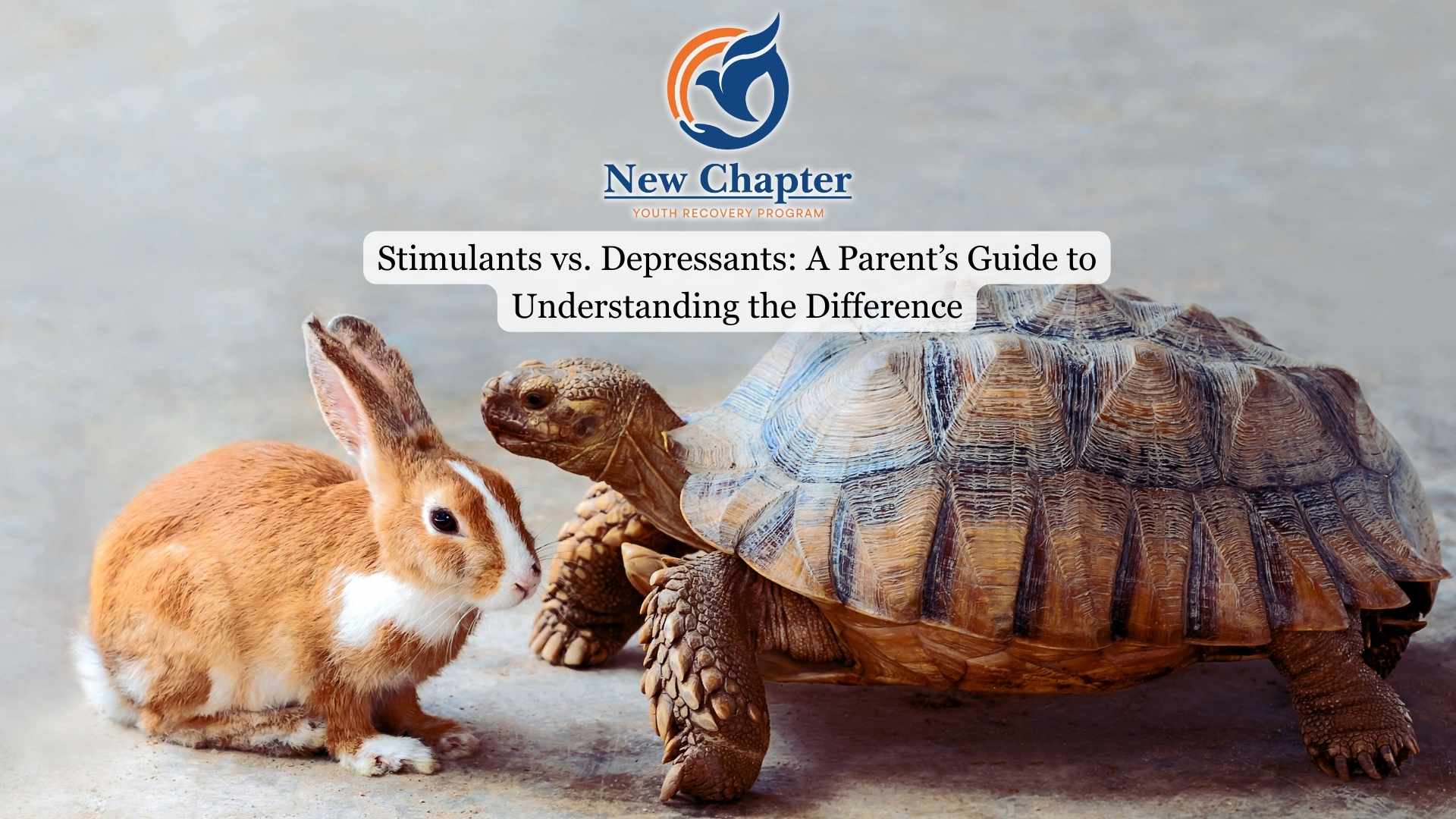Adolescence is a period characterized by substantial changes in brain structure and function, which include the refinement of neural connections, alterations in neurotransmitter systems, and the maturation of crucial areas responsible for decision-making and impulse control. Regrettably, this is also a time when many adolescents experiment with drugs and alcohol.
In this article, we will delve into the specific ways in which various substances affect the developing brain and examine the cognitive and behavioral consequences of teenage drug use.

Neurodevelopmental Vulnerabilities
The adolescent brain’s ongoing development, particularly in the prefrontal cortex, makes teens exceptionally vulnerable to the detrimental effects of drugs. During this critical period of growth, the brain is more susceptible to the disruptions caused by substance use, which can lead to long-lasting consequences.
The underdeveloped reward systems in the teenage brain result in heightened sensitivity to the effects of drugs, intensifying cravings and increasing the risk of developing a substance use disorder.
The adolescent brain’s reduced myelin content leads to less efficient neural communication, exacerbating emotional experiences and impulsivity. These neurodevelopmental vulnerabilities, combined with environmental influences like peer pressure, create a perfect storm for substance experimentation and misuse.
Disrupting normal brain development during this crucial stage can result in cognitive deficits, emotional regulation issues, and an increased likelihood of mental health problems.
It’s essential to recognize these vulnerabilities and provide support to help teens navigate this challenging period, as the impact of drugs on the adolescent brain can have far-reaching consequences that extend well into adulthood.
Brain Function Disruption
As a developing brain, your prefrontal cortex is still maturing, making you more susceptible to the damaging effects of drugs.
Substance abuse alters neurotransmitter levels, particularly dopamine, which affects pleasure responses and can lead to increased tolerance and dependence. When you’re under the influence, your ability to make sound decisions and control impulses is impaired, resulting in risky behaviors that can have serious repercussions.
Drugs like alcohol and marijuana can also harm your hippocampus, causing deficits in memory and learning, which are crucial during your formative educational years.
Your brain’s incomplete myelination makes you more sensitive to the intense experiences of pleasure and negative emotions associated with drug use, amplifying your risk of addiction. Chronic substance abuse can cause structural changes in your brain, altering areas essential for motivation, reward processing, and stress responses.
Behavioral and Cognitive Changes
You may experience increased impulsivity and risk-taking behaviors, as well as heightened emotional responses, which can further fuel drug-seeking habits.
Behavioral changes associated with substance use can include withdrawing from social activities, experiencing frequent mood swings, and a general decline in motivation. These changes can strain your relationships and hinder your personal growth.
Cognitive functions, such as memory, attention, and decision-making, can also be impaired, leading to academic struggles and poor life choices.
The long-term effects of drug use on your teen brain can be significant. Substance use during this critical developmental stage can alter neurotransmitter levels, weakening your natural reward system and increasing the likelihood of developing substance use disorders later in life.
During trauma-informed sessions teens can learn more about the impact of childhood trauma on the development of both mental health issues and substance abuse.

Long-Term Consequences of Adolescent Drug Use
When teens engage in drug use, they disrupt normal brain development, particularly in regions responsible for decision-making, impulse control, and emotional regulation. This can result in chronic deficits in memory, attention, and problem-solving skills, hindering academic success and overall life skills.
Adolescents who abuse drugs are at a higher risk of developing mental health disorders like depression and anxiety, with early exposure increasing the likelihood of co-occurring disorders.
The long-term impact of substance use on the teenage brain is profound, as it can alter brain structure and function, leading to impaired decision-making and increased susceptibility to risk-taking behaviors that persist into adulthood.
Neuroplasticity and Recovery
Despite the significant impact of drugs on the teenage brain, it’s important to recognize the brain’s remarkable capacity for change and recovery. Neuroplasticity allows the adolescent brain to adapt and recover from substance use damage, enabling healing and the potential for improved cognitive function and emotional regulation.
The brain’s ability to reorganize itself can lead to positive changes even after significant drug exposure, emphasizing the importance of early intervention for effective recovery. Engaging in therapeutic activities and maintaining a supportive environment can enhance neuroplasticity, promoting resilience and healthy brain development post-substance use.
Recovery programs that foster neuroplasticity can lead to better long-term outcomes for teenagers struggling with addiction, as they help rebuild neural pathways affected by drugs. Continuous support and education about the brain’s capacity for change can empower adolescents in recovery, helping them understand that improvement is possible despite previous substance use.
Final Thoughts from New Chapter Youth Program
Early intervention and specialized treatment are crucial for young individuals struggling with substance use. New Chapter Youth Program’s Partial Hospitalization Program (PHP) offers a comprehensive approach to address these challenges head-on.
The PHP provides intensive, structured support for teens grappling with substance use issues while allowing them to return home each evening. This balance of intensive care and home life helps reinforce newly learned coping skills in a real-world setting.
Through evidence-based therapies, educational components, and a supportive environment, the program aims to guide teens towards recovery and help them rebuild the neural pathways that may have been affected by drug use.






